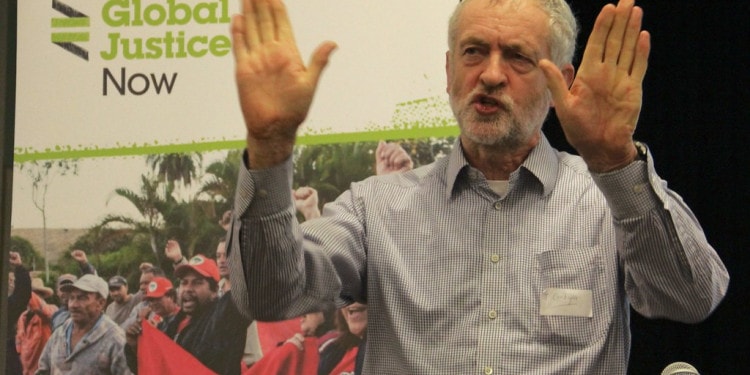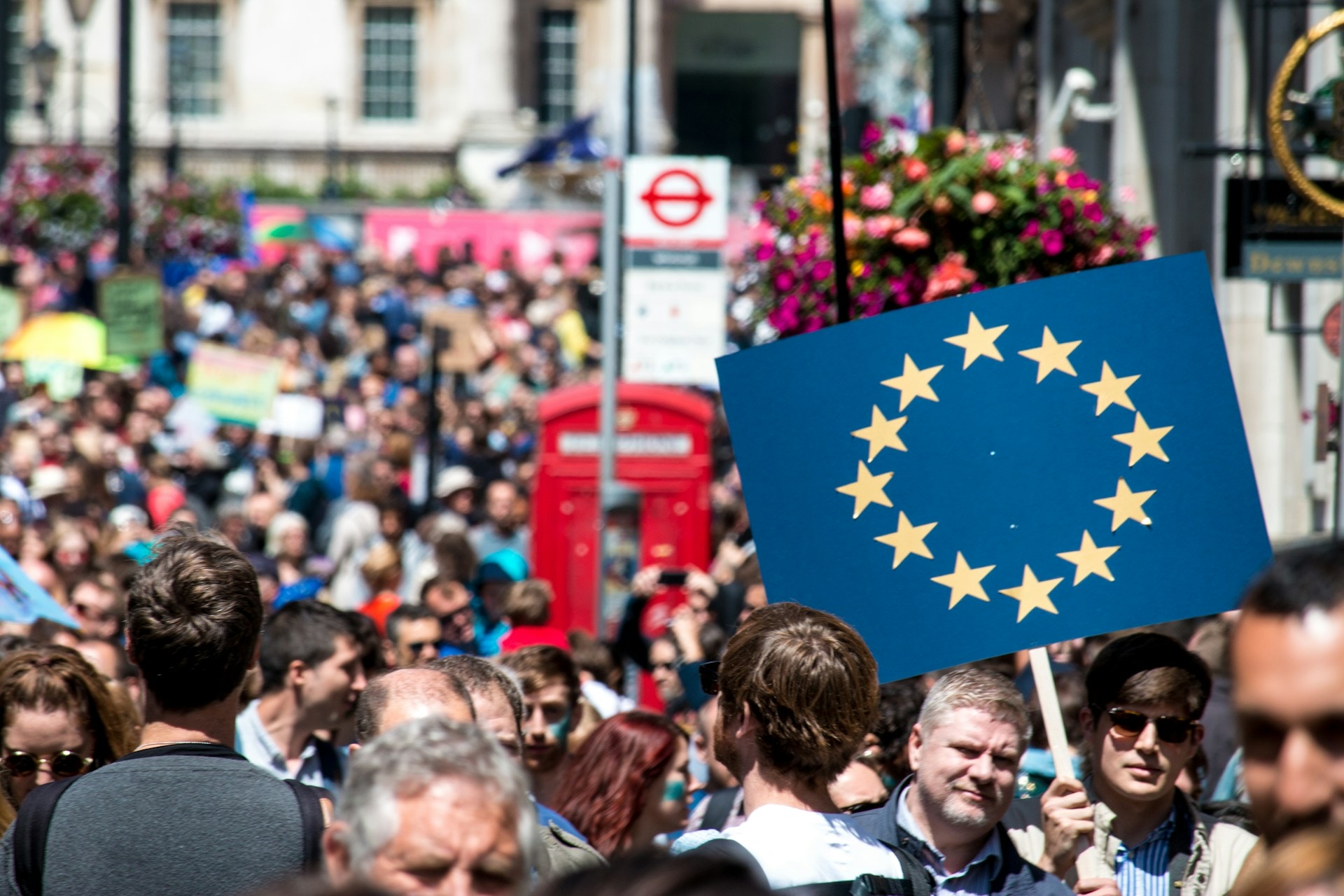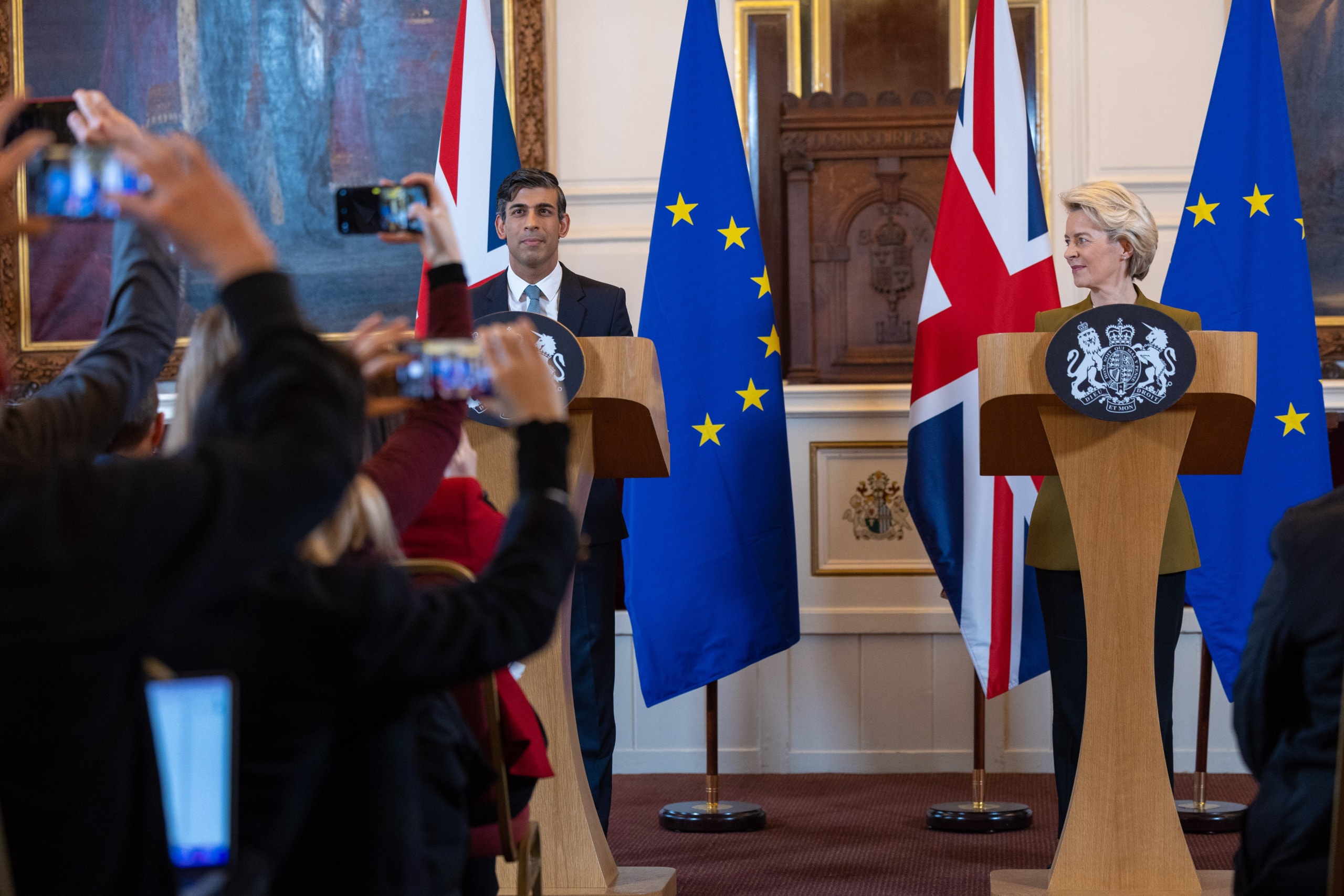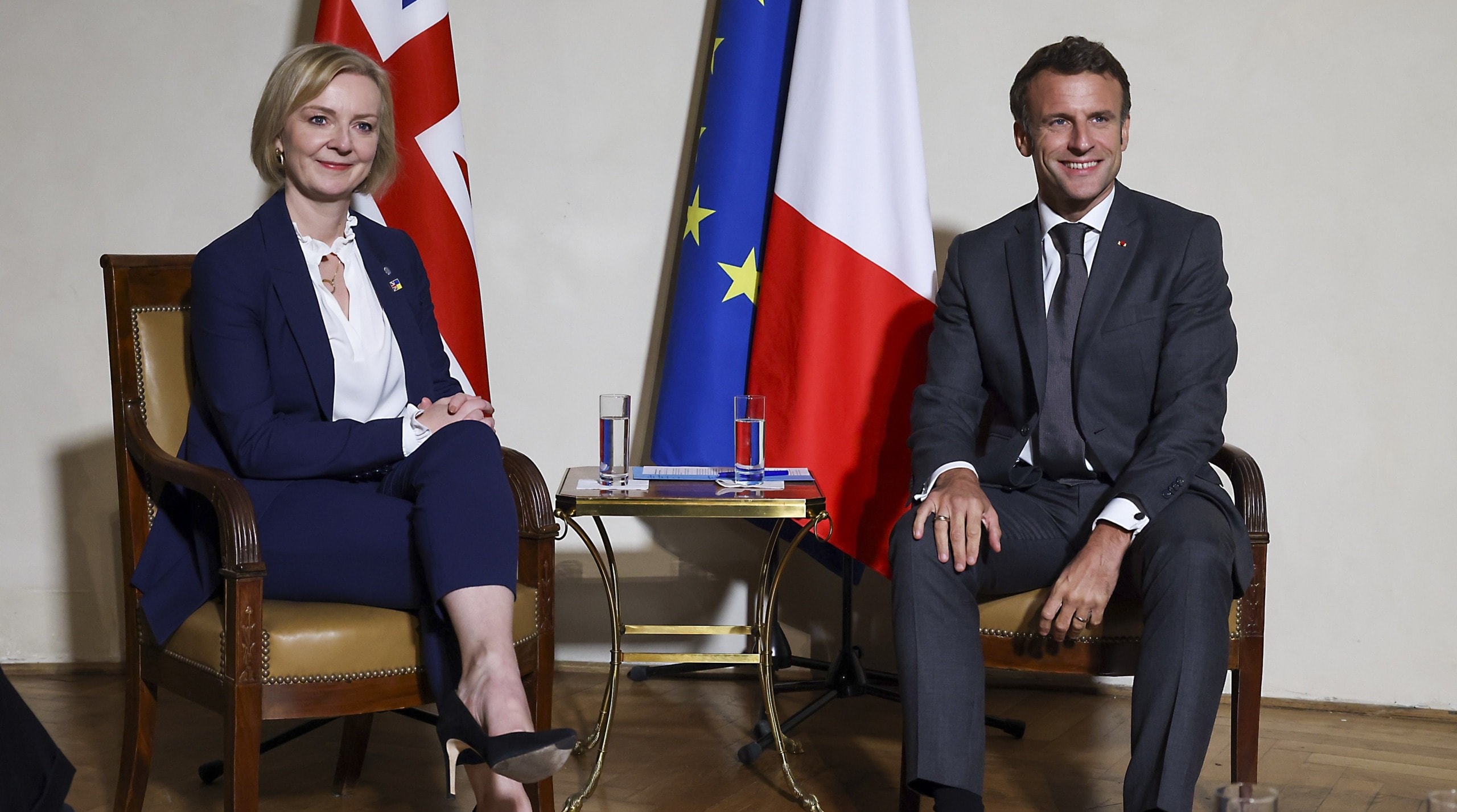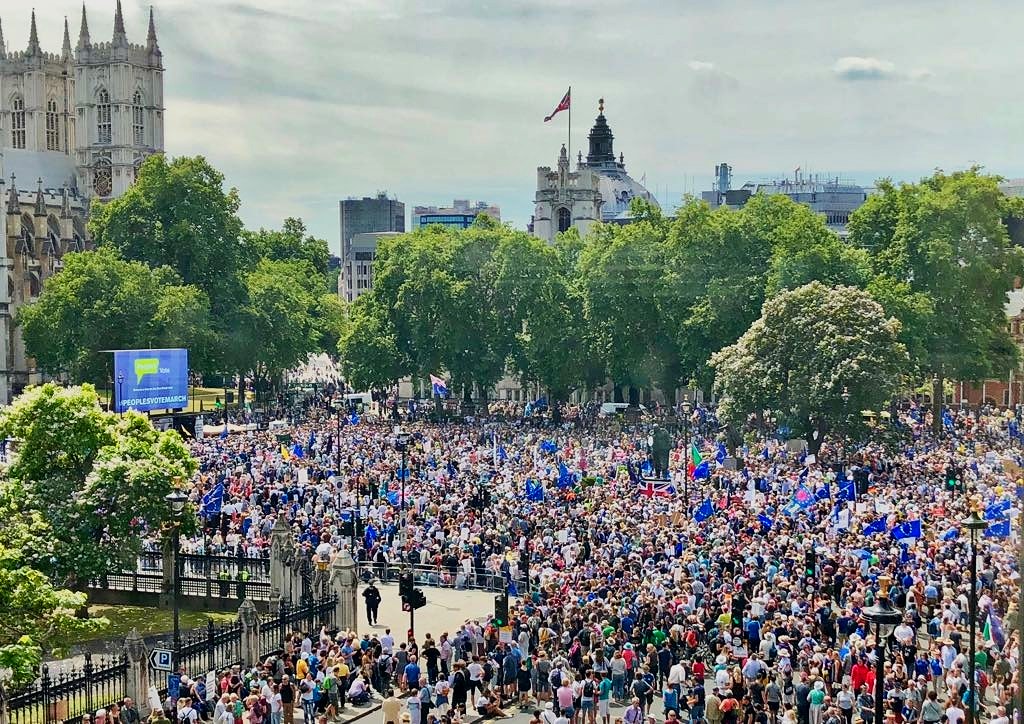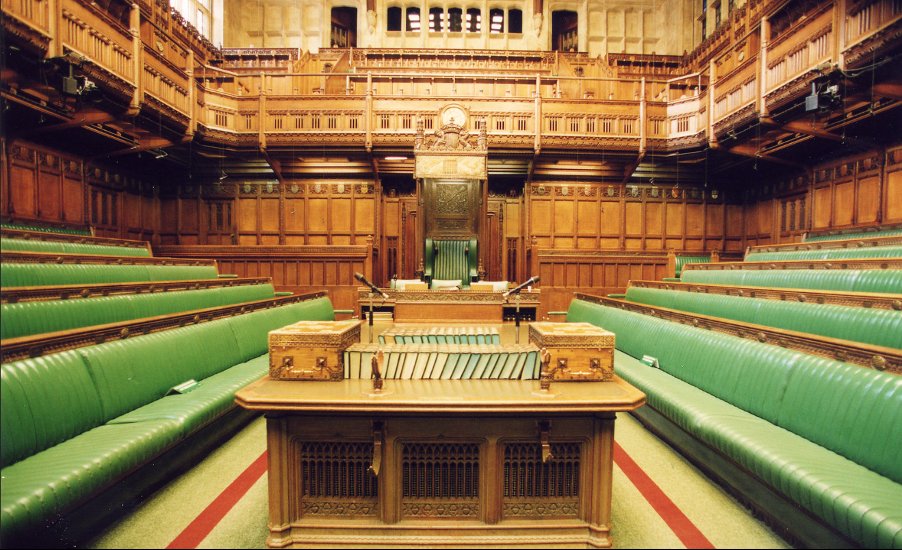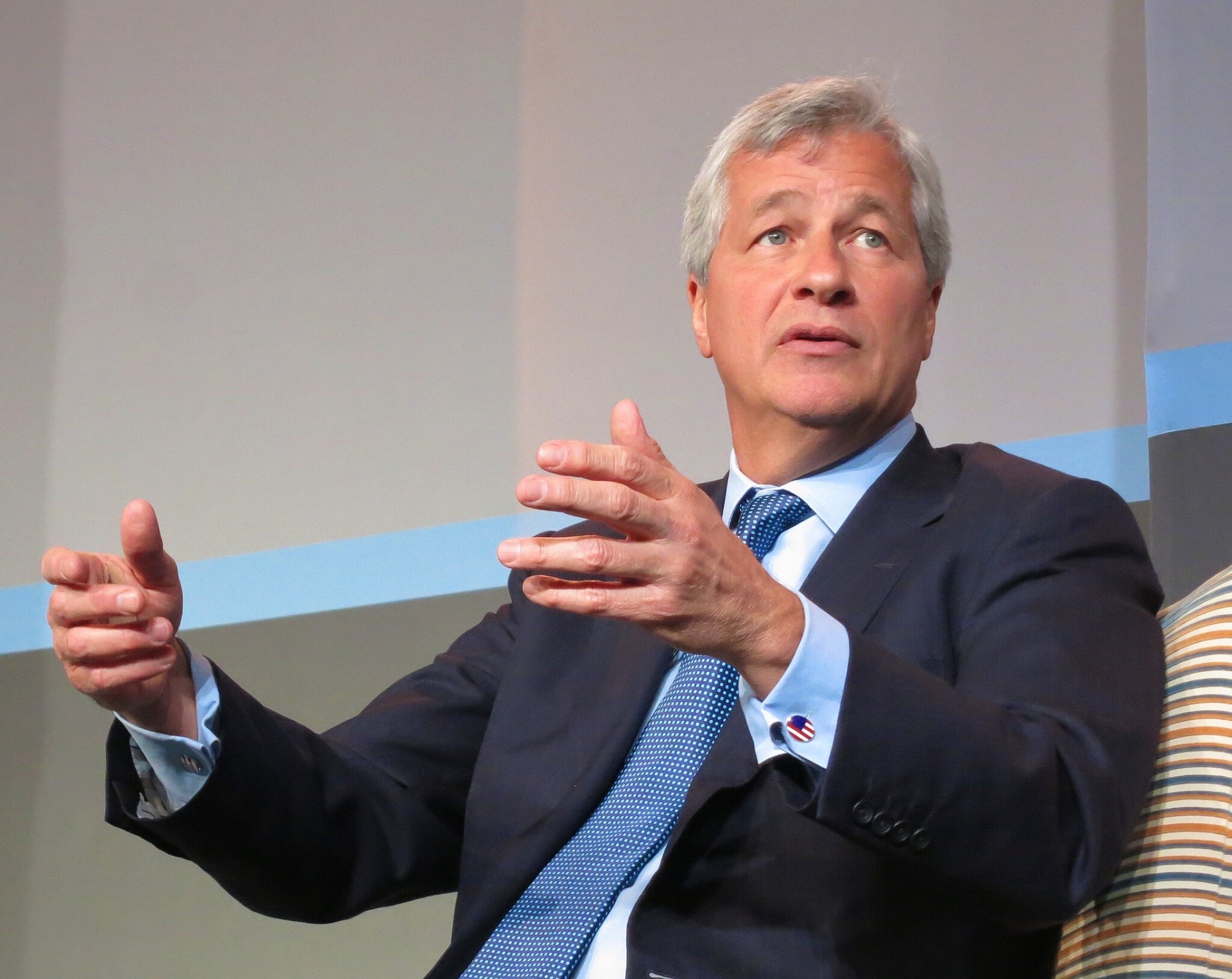Public debate in the UK is currently focused on the Labour Party’s alleged antisemitism, sparked by a BBC Panorama programme which asks ‘Is Labour Anti-Semitic?’ This has considerably weakened the party image and its leader Jeremy Corbyn, causing insufficient attention to be given to a recent momentous move Corbyn made on Brexit: He has come out in support of holding a second referendum. Our colleagues at Impakter Italia report on it and we are happy to publish their article (by Eduardo Lubrano, published on 10 July).
Jeremy Corbyn’s counter-order – though already announced several months ago – has now become official: With a letter to the members of the Labor Party he has declared himself in favor of a second referendum on Brexit and has said that he will lead his party towards no Brexit.
This has further complicated the already quite confused scenario of the situation with respect to the UK’s exit from the EU after 46 years.
The resounding defeat suffered by the traditional English parties, both the Conservatives and Labour, in the May 26 European Parliament elections has forced many political leaders to review their positions and to reconsider agreements that only three months ago they had declared “impossible”.
Let’s make a summary, starting with the most important dates in the near future:
July 23: the Conservative Party will announce a new leader, who will become the new prime minister of the United Kingdom;
September 29 – October 2: the Conservative Party conference takes place one month before the revised and adjusted exit date of the United Kingdom from the EU.
17-18 October: the last EU Summit scheduled before the new Brexit date.
October 31: the new date on which the United Kingdom should leave the EU.
What happens in a “no-deal” scenario?
In the absence of an alternative agreement, the default legal position is that the United Kingdom will leave the EU on the established date which appears this time irreversible, on 31 October. [Translator’s note: Ursula von der Leyen, the likely next Head of the European Commission has signalled she won’t re-open Brexit negotiations but she may support a new idea that is being floated. The idea is to extend the exit deadline to 2022, if needed, to settle the issue of the Irish border].
Corbyn’s move in support of a second referendum
British Labor Party leader Jeremy Corbyn said that anyone who becomes the country’s next prime minister should test his Brexit plan with a second referendum on EU membership.
In a letter to party members, he added that the Labor party would campaign to stop a no-deal Brexit. “Anyone who becomes the new prime minister should have the confidence to remit this decision to the public with a public vote,” Corbyn wrote.
“In those circumstances, I want to make it clear that workers would campaign for Remain against a no deal agreement or a Tory agreement that does not protect the economy and employment.”
In his letter Corbyn did not specify what the party would do if he were to win a new general election.
The change of position occurred when he faced pressures to fully support an anti-Brexit line, with high-level members of the workforce calling for a more EU-friendly policy.
Corbyn also reiterated appeals for a general election and said that his party has a “crucial, historic duty to safeguard jobs, rights and living standards, which no Brexit result alone can do” .
The debate on TV between Boris Johnson and Jeremy Hunt
While Corbyn made his announcement, the two contenders for the job of the resigning Prime Minister Theresa May, Boris Johnson and Jeremy Hunt have “clashed” in a televised debate, their first.
At the beginning of the debate, Johnson said that it is absolutely essential for the United Kingdom to leave the EU on 31 October, the current deadline for Brexit. “It is more likely that they will pull us out by October 31st because I have a plan,” Hunt replied.
Johnson refused to answer a question from his rival about the possibility of resigning if the United Kingdom did not leave the EU by that date. “I think it is very, very important not to foresee any circumstances where we would not be able to leave the EU on October 31st. I don’t want to keep the prospect out to the EU that could encourage my resignation by refusing to agree to this, ” he said.
When asked if a general election was inevitable, Hunt said: “I don’t want an election until we deliver Brexit.” Johnson argued that not delivering Brexit on October 31 was like losing an election.
Hunt said he would not close the Parliament to complete Brexit, while Johnson refused to exclude anything at this stage of the negotiations. However, he ruled out an alliance with the Brexit party. “I don’t believe in making a deal with any party,” he said.
In evaluating what each contender said, we need to remember that Johnson is the polls’ favorite. Also, their fight on TV may have drawn all the attention but Jeremy Corbyn’s move could change the cards on the table.
Featured Image: From Impakter Italia


